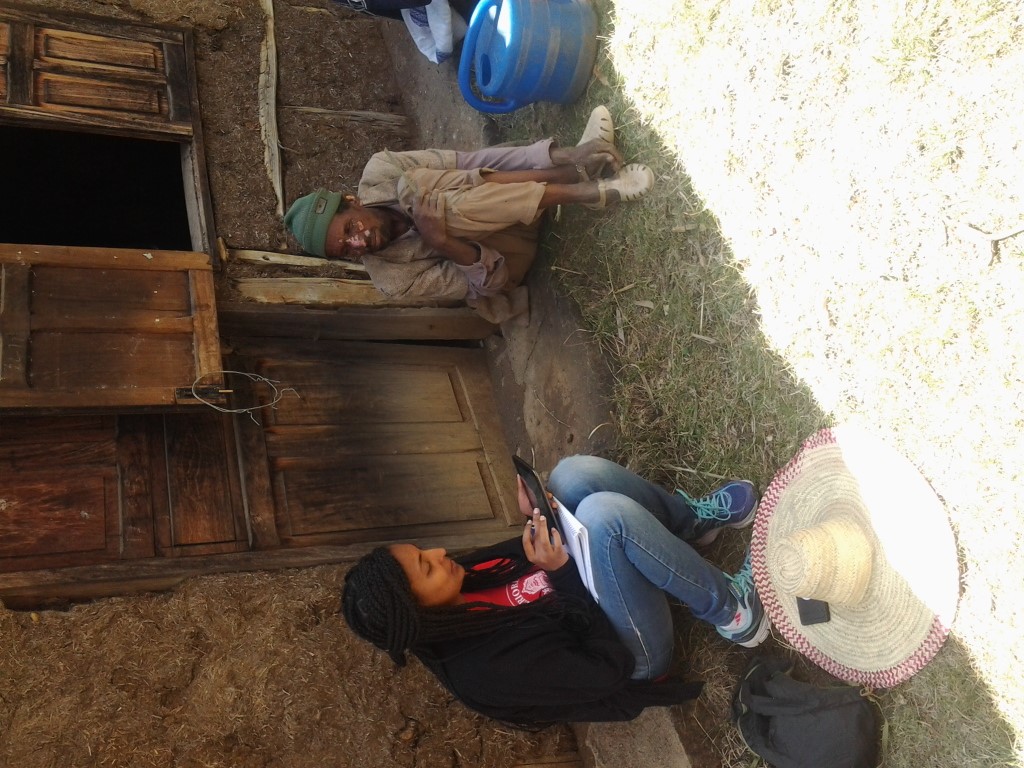Data-driven participatory methods
Most of the world farms are small: of the 570 million farms in the world, 84% are less than 2 hectares in size. However, smallholder farming systems harbour greater crop diversity. To address this farming system, the Crop Genetics group developed approaches to combine scientific and traditional knowledge to co-evaluate local crop agrobiodiversity.
The ethnobiological perspective adopted by our group aims at unlocking the potential of traditional and local crops, combining state-of-the-art genomics and socio-economic techniques with farmers’ experiences and knowledge. Indeed, farmers’ traditional and local knowledge plays a key role in ensuring the diversification of marginal areas, but its tacit nature often prevents the inclusion in the scientific chatter. We use a range of participatory selection methods, surveys, focus group discussions to empower farmers as agents of change: utilizing on-site trial fields and training, farmers can choose and breed varieties that match their environmental and social conditions.
The participatory perspective of genomic-driven breeding is assessed combining forward genetics approaches and genomic prediction, towards the implementation of a data-driven decentralized breeding that we named “3D breeding”. By this, we try to mitigate some shortcomings of traditional breeding approaches, involving farmers in the innovation process and embracing a larger diversity to evaluate the genomic value of tested varieties in perspective. Thanks to our passionate graduate students, we conduct participatory research in wonderful countries, having the chance to meet amazing farmers and learn from their experience: Ethiopia, Mexico, Bhutan, Mozambique. Results of these approaches can be imagined in two time horizons: in the short run, through the co-evaluation of agrobiodiversity that is already existing, while in the long run, through the full integration of farmers-scientists information to generate new varieties, co-developed by farmers and accessible to the farmers.
